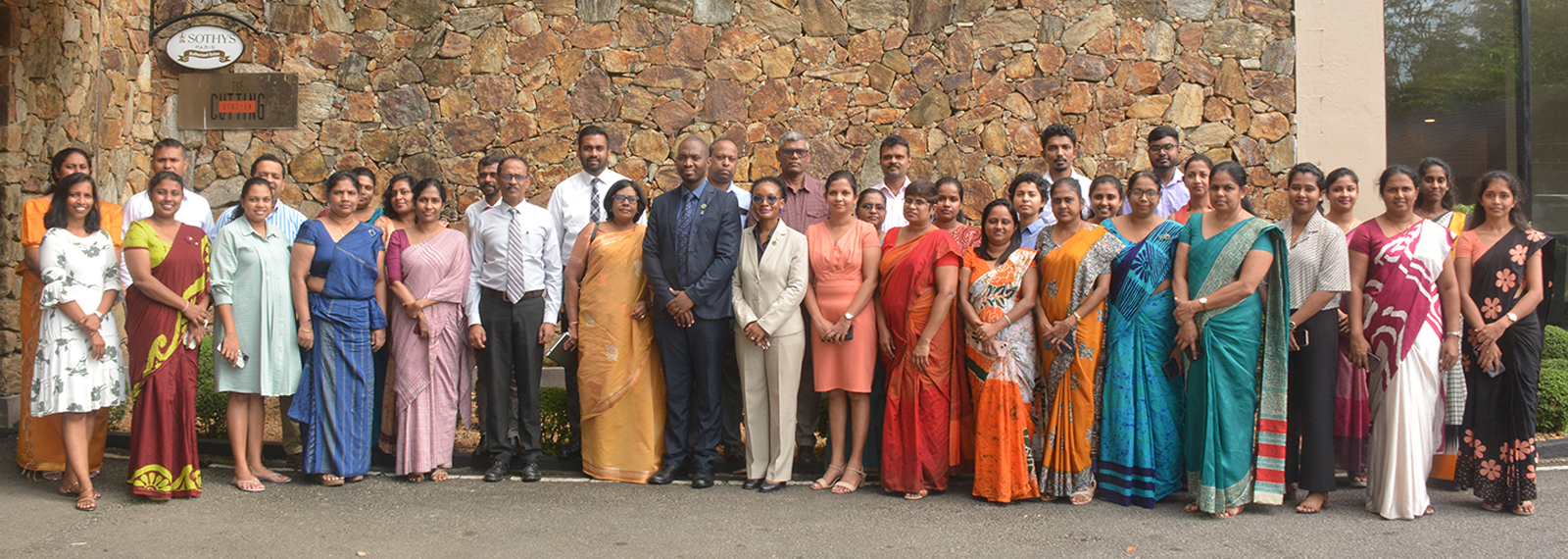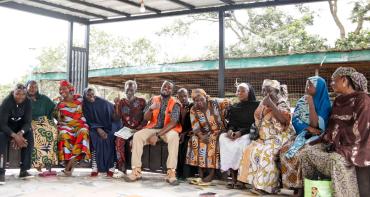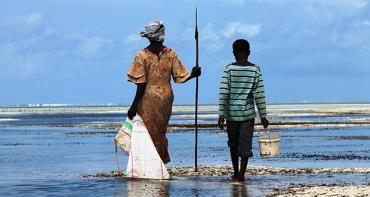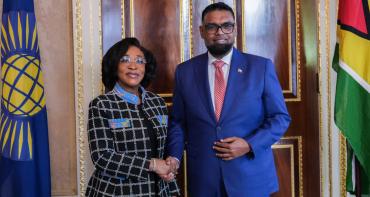By Dr Gina Maswabi, Commonwealth National Climate Finance Adviser for Sri Lanka
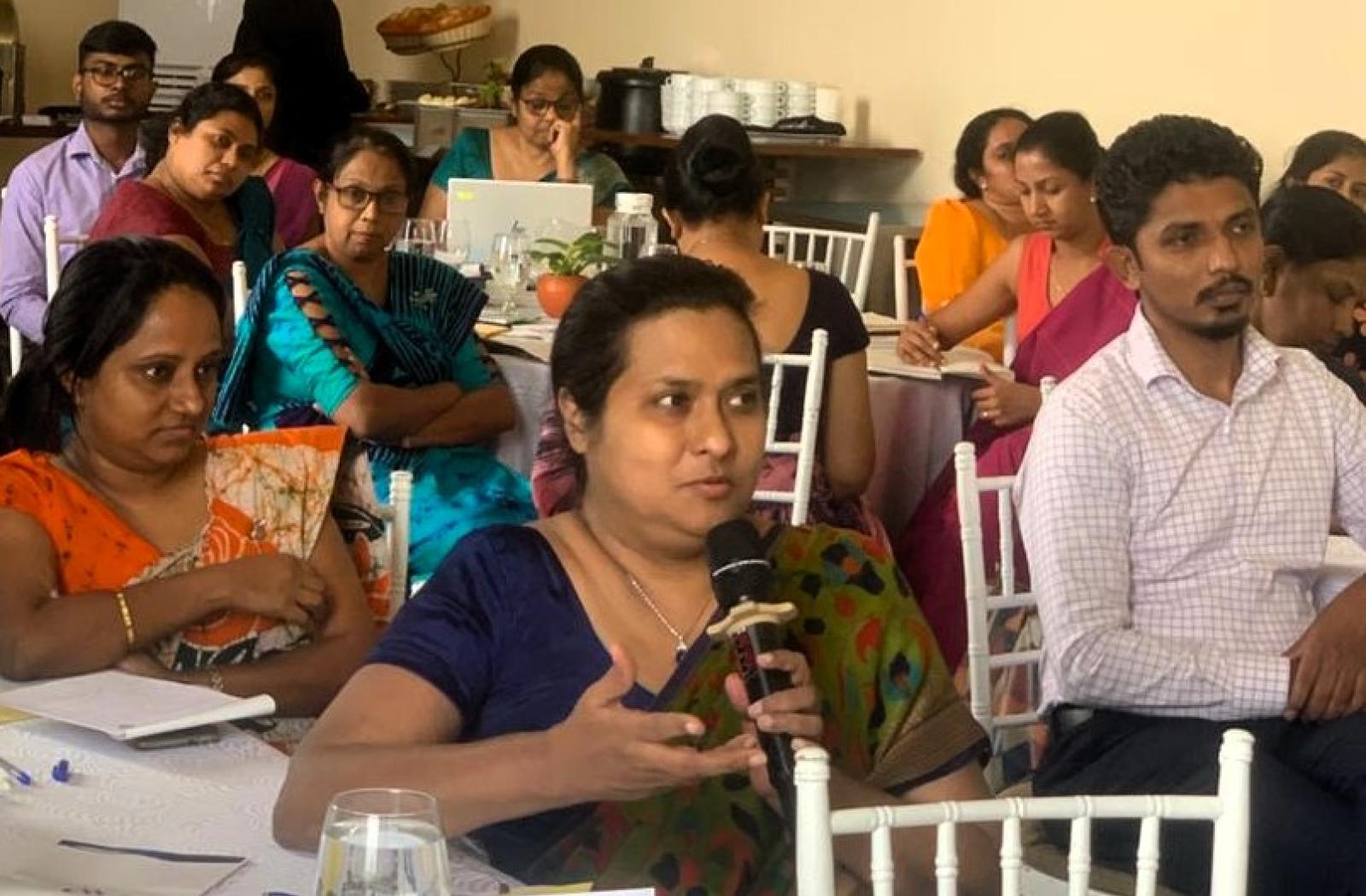
Accessing climate finance is crucial for developing nations striving to implement climate adaptation and mitigation strategies. However, one of the biggest hurdles in securing these funds is the time, skills and resources to develop strong, well-structured project proposals that meet international funding requirements.
Recognising this challenge, the Commonwealth Climate Finance Access Hub (CCFAH) has been actively supporting countries in enhancing their capacity to formulate bankable climate finance proposals.
The need for capacity building
Developing rigorous project proposals is often hindered by several challenges. Crafting a successful climate finance proposal requires more than just a good idea – it involves demonstrating a clear climate rationale, articulating a cogent theory of change, and aligning with national and global climate priorities that respond to different requirements from climate funds.
Challenges, such as limited technical knowledge, difficulty in structuring financial mechanisms, and lack of access to necessary data, often hinder the proposal development process for most governments and institutions.
Capacity-building initiatives, such as CCFAH’s ‘write-shops’ and targeted technical trainings, play a crucial role in overcoming these barriers. Instead of focusing solely on theoretical concepts, participants are guided through practical exercises, taking a concept from an initial idea to a structured proposal ready for submission.
These initiatives not only equip participants with technical skills but also foster collaboration among stakeholders, ensuring that proposals are developed with comprehensive input from multiple sectors – an expert network, if you will.
Capacity-building efforts focus on training policymakers, researchers, and project developers to prepare strong climate finance proposals that attract investment. In the past ten years, CCFAH advisers have trained more than 3,200 officials, experts and young people across the Commonwealth.
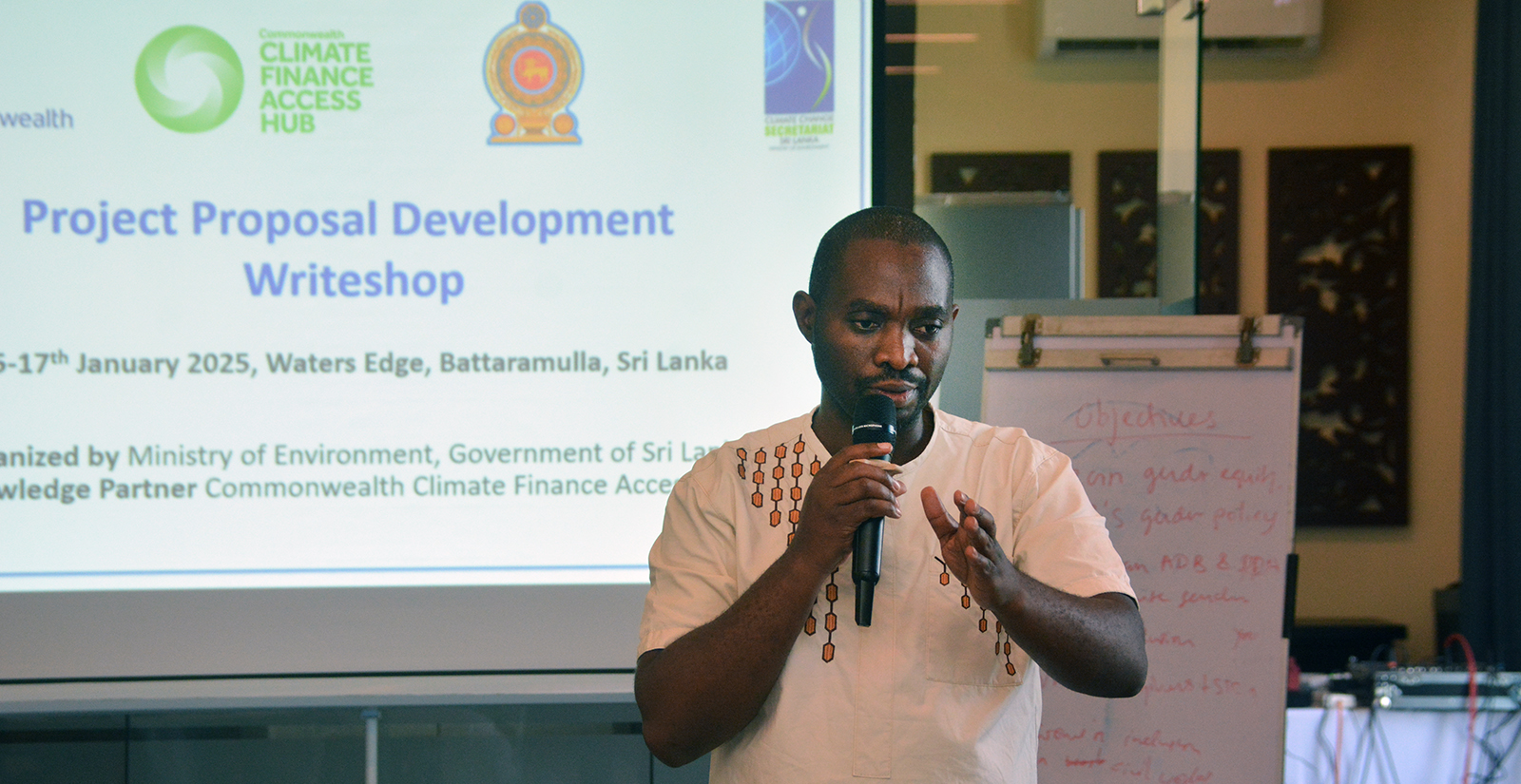
Practical learning through hands-on training
A key strength of CCFAH’s approach is the emphasis on hands-on learning. A recent ‘write-shop’ in Sri Lanka brought together over 30 key representatives from the project development working group (PDWG) that has been set up by the National Designated Authority (NDA) to drive proposal development for climate financing.
The PDWG constitutes government agencies, academia, non-governmental organisations and private sector entities who are already actively involved in project proposal development, project implementation, and project finance management.
The diverse mix of stakeholders allowed for rich discussions on cross-sector collaboration and knowledge-sharing, fostering a more cohesive approach to climate-project formulation in Sri Lanka.
This event provided practical solutions by guiding participants through essential elements of the concept note of the world’s largest climate fund - the Green Climate Fund (GCF); emphasising methodologies and approaches to crafting a fundable project proposal integrating critical factors such as gender and social inclusion.
Impact and insights from the field
The impact of CCFAH’s write-shops is best reflected in participant experiences. A participant from the Sri Lanka Department of Forest Conservation highlighted how these trainings enhance institutional knowledge while fostering collaboration.
He said: “When preparing concept notes, we need a considerable amount of data and expertise, which cannot be sourced in isolation. These workshops help us form networks, allowing us to strengthen our proposals through shared resources and knowledge.”
Similarly, another participant emphasised the value of a hands-on approach.
“The training was highly practical, helping us structure proposals in ways that meet funder expectations. Working with representatives from different ministries also gave me insight into bottlenecks and coordination challenges,” she said.
Way forward
CCFAH celebrates its tenth anniversary this year and continue to be committed to supporting its partner countries in navigating the complexities of climate finance.
As the demand for funding grows and the landscape for climate finance changes and becomes more challenging, especially post-COP29, sustained investment in capacity-building will be essential to bridge knowledge gaps and transform climate ambitions into actionable projects that drive sustainable development.
